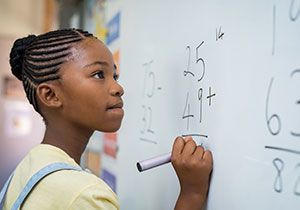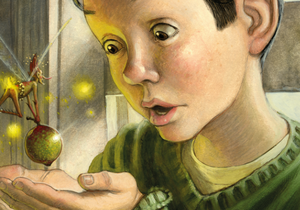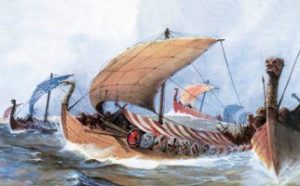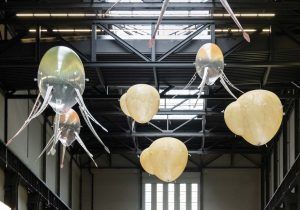
War Horses: WWI primary resource
Discover more about how these animal heroes helped soldiers in World War I
This primary resource explores some of the stories surrounding the unsung heroes of the Great War; horses. Discover more about how these animal heroes helped soldiers in WWI with this light-hearted comic strip. How many horses were sent to the front line? What challenges did Warrior the War Horse face?
Pupils will learn about Warrior, the famous War Horse, and how he helped flush out the German army from Moreuil Wood in our National Geographic Kids’ History primary resource sheet.
The teaching resource can be used in study group tasks looking at different elements of World War I. It can be used as a printed handout for each pupil to read themselves, or for display on the interactive whiteboard, as part of a whole class reading exercise.
Activity: Ask the children to discuss, either as a class or in groups, why animals were used during World War I and the pros and cons they can think of associated with this. Pupils could use the resource as a starting point for their own research about other types of animals used during WWI (e.g. carrier pigeons, dogs, etc.), and create their own comic strip about these animals, including any specific case studies they can find. Pupils could use our First World War primary resource and First World War comic to help them.
N.B. The following information for mapping the resource documents to the school curriculum is specifically tailored to the English National Curriculum and Scottish Curriculum for Excellence. We are currently working to bring specifically tailored curriculum resource links for our other territories; including South Africa, Australia and New Zealand. If you have any queries about our upcoming curriculum resource links, please email: schools@ngkids.co.uk
This History primary resource assists with teaching the following History objectives from the National Curriculum:
- Know and understand the history of these islands as a coherent, chronological narrative
- Gain historical perspective by placing their growing knowledge into different contexts, understanding the connections between local, regional, national and international history; between cultural, economic, military, political, religious and social history; and between short- and long-term timescales.
National Curriculum Key Stage 1 History objective:
- Pupils should be taught: significant historical events, people and places in their own locality
National Curriculum Key Stage 2 History objective:
- Pupils should be taught a study of an aspect or theme in British history that extends pupils’ chronological knowledge beyond 1066
This History primary resource assists with teaching the following Social Studies First level objective from the Scottish Curriculum for Excellence:
- I can compare aspects of people’s daily lives in the past with my own by using historical evidence or the experience of recreating an historical setting.
Scottish Curriculum for Excellence Third level Social Studies objective:
- I can describe the factors contributing to a major social, political or economic change in the past and can assess the impact on people’s lives.
Scottish Curriculum for Excellence Fourth level Social Studies objective:
- I can describe the main features of conflicting world belief systems in the past and can present informed views on the consequences of such conflict for societies then and since.
Download primary resource
More Like

Let’s make a change: inequality!

The Spiderwick Chronicles!

10 facts about the Vikings









LEAVE A COMMENT
THANK YOU
Your comment will be checked and approved shortly.
WELL DONE,
YOUR COMMENT
HAS BEEN ADDED!
COMMENTS
Thank you for the stunning looking resources and information
CUSTOMIZE YOUR AVATAR